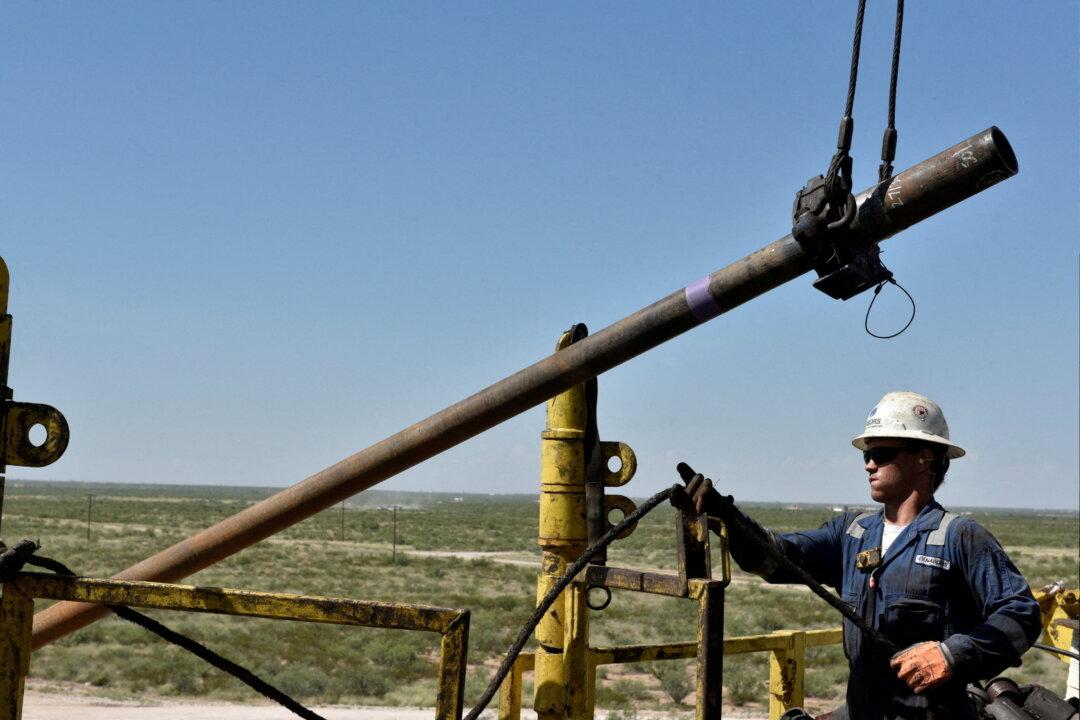Activity in the oil and gas sector accelerated in the first quarter as company outlooks improved, according to a survey of oil executives released on Wednesday by the Federal Reserve Bank of Dallas.
U.S. crude will sell for an average of $93 a barrel by the end of the year and natural gas prices at the largest U.S. hub will average $4.57 per million British thermal units (mmBtu), according to the survey of oil executives from Texas, Louisiana, and New Mexico.





